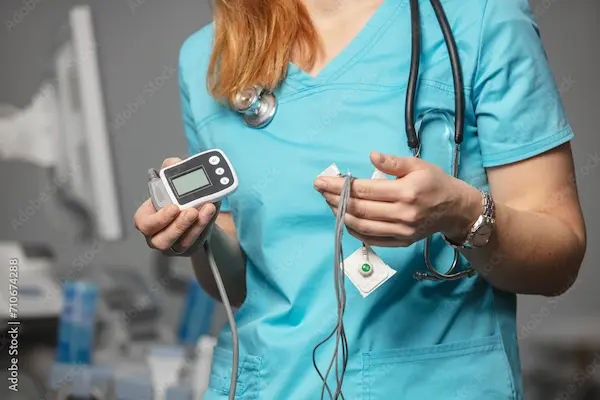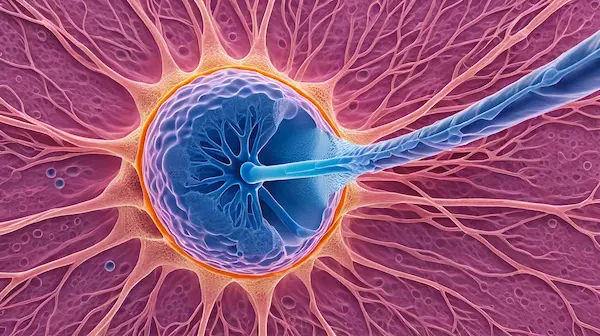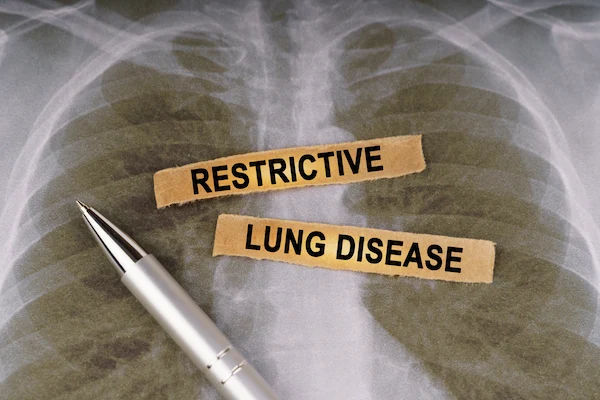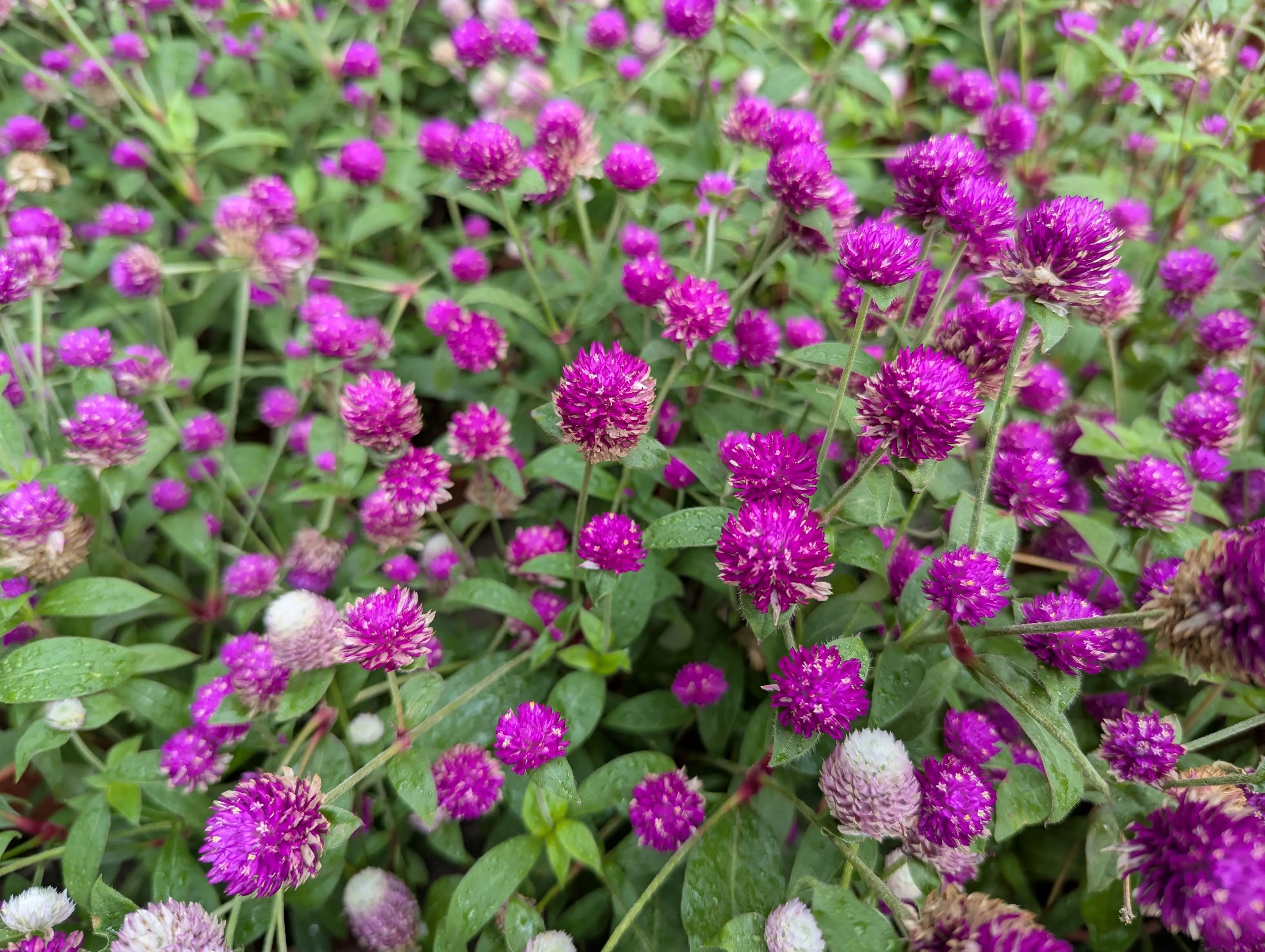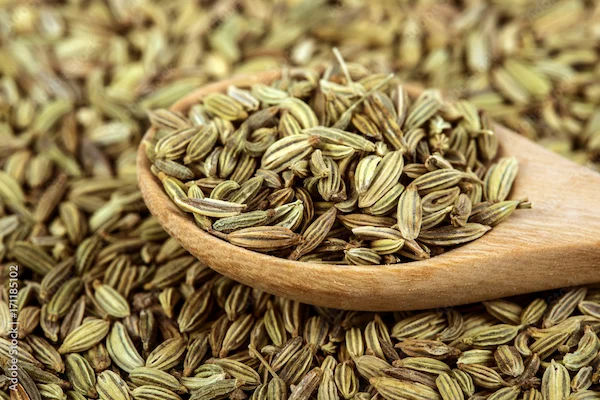Dermatology Guide: Heal Your Skin and Glow
Discover expert dermatology tips to heal your skin, tackle common issues, and achieve a healthy, radiant glow.


Introduction
We’ve all seen it, that enviable, radiant complexion that seems to emit light from within. This coveted "glow" is more than just a trend; it's the ultimate sign of healthy, well-cared-for skin. But in a world saturated with complex 10-step routines and miracle-product promises, achieving it can feel overwhelming. This guide cuts through the noise. By merging core principles of dermatology with practical, actionable steps, we will show you how to truly heal your skin and get that glow you deserve. Forget quick fixes; we're focusing on sustainable habits that address your skin’s health from the inside out and the outside in. We'll explore the science of what makes skin radiant, the foundational role of diet and hydration, the essential steps of an effective skincare ritual, and the powerful impact of lifestyle choices. Whether you're dealing with dryness, dullness, or simply want to enhance your skin's natural vitality, this comprehensive guide is your roadmap to a healthier, more luminous you.
What Does "Glowing Skin" Really Mean?
Glowing skin isn't about applying a highlighter or having perfectly matte skin. It's a quality of health. Dermatologists often describe it as skin that is smooth, well-hydrated, and has a uniform texture and tone. This luminosity comes from light reflecting evenly off a healthy skin surface.
The Science Behind the Glow: Hydration and Cell Turnover
The primary scientific drivers of glowing skin are hydration and efficient cell turnover. Skin hydration ensures your skin cells are plump and full, creating a smooth surface that reflects light effectively. This is managed by your skin's natural moisture barrier. When this barrier is compromised, skin appears dull, flaky, and rough.
Secondly, cell turnover is the process where your skin sheds dead cells and generates new ones. In youth, this cycle is rapid (around 28 days), leading to a fresh, bright complexion. As we age or due to damage, this process slows down, causing a buildup of dead cells that create a dull, uneven layer on the skin's surface. A key goal of any glow-seeking routine is to support both optimal hydration and healthy cell renewal.
Glow vs. Shine: Knowing the Difference
It's crucial to distinguish a healthy glow from unwanted shine. Glow is a refined, internal radiance that is consistent across the skin. Shine, often associated with oiliness, is typically greasy, localised to the T-zone (forehead, nose, chin), and can lead to makeup breakdown. If your skin is excessively shiny, it may indicate overactive sebaceous glands, and your focus should include balancing oil production with ingredients like niacinamide, rather than just stripping the skin.
Consult a Dermatologist for the best advice
The Internal Foundation: Fueling Your Skin from Within
You can't out-treat a poor diet. Your skin is your body's largest organ, and its appearance is a direct reflection of your internal health. Nourishing it from within is the first and most critical step to heal your skin.
The Glow-Getter's Diet: Foods to Embrace
Think of your plate as your first skincare product. Focus on:
Antioxidants: Found in berries, dark leafy greens, and nuts, they fight free radicals that cause oxidative stress and accelerate ageing.
Healthy Fats: Avocados, olive oil, and fatty fish (like salmon) are rich in Omega-3s, which strengthen the skin's lipid barrier, locking in moisture.
Vitamins & Minerals: Vitamin C (citrus fruits, bell peppers) is essential for collagen production. Vitamin E (nuts, seeds) protects skin cells. Zinc (legumes, seeds) aids in repair and renewal.
Hydration: Your Skin’s Best Friend
Water is fundamental. It helps flush out toxins, delivers nutrients to skin cells, and maintains turgor (skin’s elasticity). While the "8 glasses a day" is a good benchmark, listen to your body. Herbal teas and water-rich fruits and vegetables (cucumber, watermelon) also contribute to your overall skin hydration.
The Glow-Killers: Foods and Habits to Limit
Sugar and Refined Carbs: They trigger a process called glycation, where sugar molecules attach to proteins like collagen and elastin, making them stiff and brittle. This leads to premature wrinkles and loss of elasticity.
Excessive Alcohol: Dehydrates the body and skin, leading to inflammation and puffiness.
Smoking: Significantly reduces blood flow, depriving your skin of oxygen and nutrients, resulting in a sallow, greyish complexion.
The External Framework: Your Personalised Skincare Ritual
A consistent, gentle routine is more effective than an aggressive, complicated one. The goal is to support your skin's natural functions, not constantly disrupt them.
Step 1: The Non-Negotiable: Daily Sun Protection
Sunscreen is the single most important product for anti-ageing and maintaining healthy skin. UV radiation is the primary external cause of skin ageing (photoageing), breaking down collagen, causing dark spots, and damaging the skin barrier. Use a broad-spectrum sunscreen with at least SPF 30 every single day, rain or shine.
Step 2: The Core Trio: Cleanse, Treat, Moisturise
This simple routine, done twice daily, forms the backbone of skin health.
Choosing a Cleanser for Your Skin Type
The purpose is to remove dirt, oil, and makeup without stripping the skin. Use a gentle, pH-balanced cleanser. Oily skin may prefer a foaming cleanser, while dry or sensitive skin should opt for a cream or balm formula.
Selecting the Right Treatment Serums
This is where you target specific concerns. For glow, look for:
Vitamin C: A powerful antioxidant that brightens and protects against environmental damage.
Hyaluronic Acid: A humectant that draws moisture into the skin, providing instant plumping and hydration.
Niacinamide: Helps improve skin texture, minimise pores, and balance oil production.
The Importance of a Good Moisturiser
A moisturiser seals in all the good ingredients from your serum and helps maintain your skin barrier. Even oily skin needs a lightweight, oil-free, or gel-based moisturiser to stay balanced.
Step 3: The Game-Changer: Gentle Exfoliation
Exfoliation is key to removing the buildup of dead skin cells that cause dullness. However, over-exfoliation is a common mistake.
Chemical Exfoliants (AHAs/BHAs): Like glycolic acid (AHA) or salicylic acid (BHA), these dissolve the "glue" between dead cells. They are generally more effective and gentle than physical scrubs. Start with once or twice a week.
Beyond the Basics: Lifestyle Habits for a Lasting Glow
Your daily habits have a profound impact on your skin’s appearance.
Beauty Sleep is Real: The Science of Overnight Repair
During deep sleep, your body goes into repair mode, increasing blood flow to the skin and producing new collagen. Lack of sleep elevates cortisol, which can break down collagen and lead to inflammation. Aim for 7-9 hours of quality sleep per night.
Stress and Your Skin: Managing Cortisol for Clarity
Chronic stress keeps cortisol levels high, which can exacerbate conditions like acne, eczema, and psoriasis. It also impairs the skin's barrier function. Incorporate stress-reducing activities like yoga, meditation, or even a daily walk to help your skin and your mind stay calm.
The Benefits of Regular Exercise for Skin Health
Exercise increases blood flow, delivering oxygen and nutrients to your skin cells while carrying away waste products. This natural detoxification process gives you an immediate post-workout glow. Just remember to cleanse your face afterward to prevent sweat from clogging pores.
When to Seek Professional Help
While solid routine can address general dullness, persistent skin issues may require an expert opinion. If you struggle with severe acne, unexplained rashes, intense redness, or if your condition does not improve after trying these methods for several weeks, it's crucial to consult a dermatologist. They can provide accurate diagnoses and treatment plans tailored to your unique needs. For convenient access, you can consult a dermatologist online with Apollo24|7 for an initial evaluation without leaving your home.
Conclusion
Achieving a lasting, healthy glow is a journey of consistent care, not a destination reached by a single miracle product. It requires a holistic approach that combines internal nourishment with a thoughtful external routine. By understanding the science of your skin, embracing a nutrient-rich diet, committing to sun protection, and adopting healthy lifestyle habits, you empower yourself to heal your skin from the inside out. Remember, the goal is health first; the glow is a beautiful byproduct. Be patient with your skin, listen to its needs, and don't hesitate to seek professional guidance when necessary. Start by integrating one or two of these tips into your life this week, and build from there. Your journey to radiant skin begins now.
Consult a Dermatologist for the best advice
Consult a Dermatologist for the best advice
Dr. Kavitha Killaparthy
Dermatologist
23 Years • MBBS,DIPLOMA(DERMATOLOGY,VENEREOLOGY,LEPROSY)
Hyderabad
JDS Skin & Hair Clinic, Hyderabad
Dr. Mayuri Jain
Dermatologist
11 Years • MBBS, MD Dermatology , Venereology & Leprosy
Delhi
Dr Mayuri Jain Clinic, Delhi

Dr Ekansh Shekhar
Dermatologist
10 Years • MBBS MD
Lucknow
Apollo Clinic Hazratganj, Lucknow
Dr.j Girishma
Dermatologist
6 Years • MBBS MD DERMATOLOGY
Bengaluru
Apollo Medical Center, Marathahalli, Bengaluru

Dr. Satarupa Mondal
Dermatologist
7 Years • MBBS , MD (Dermatology , Venereology & leprosy) , Diplomate (Derm.Vene.Lep)
Kolkata
Dr Satarupa Mondal, Kolkata
